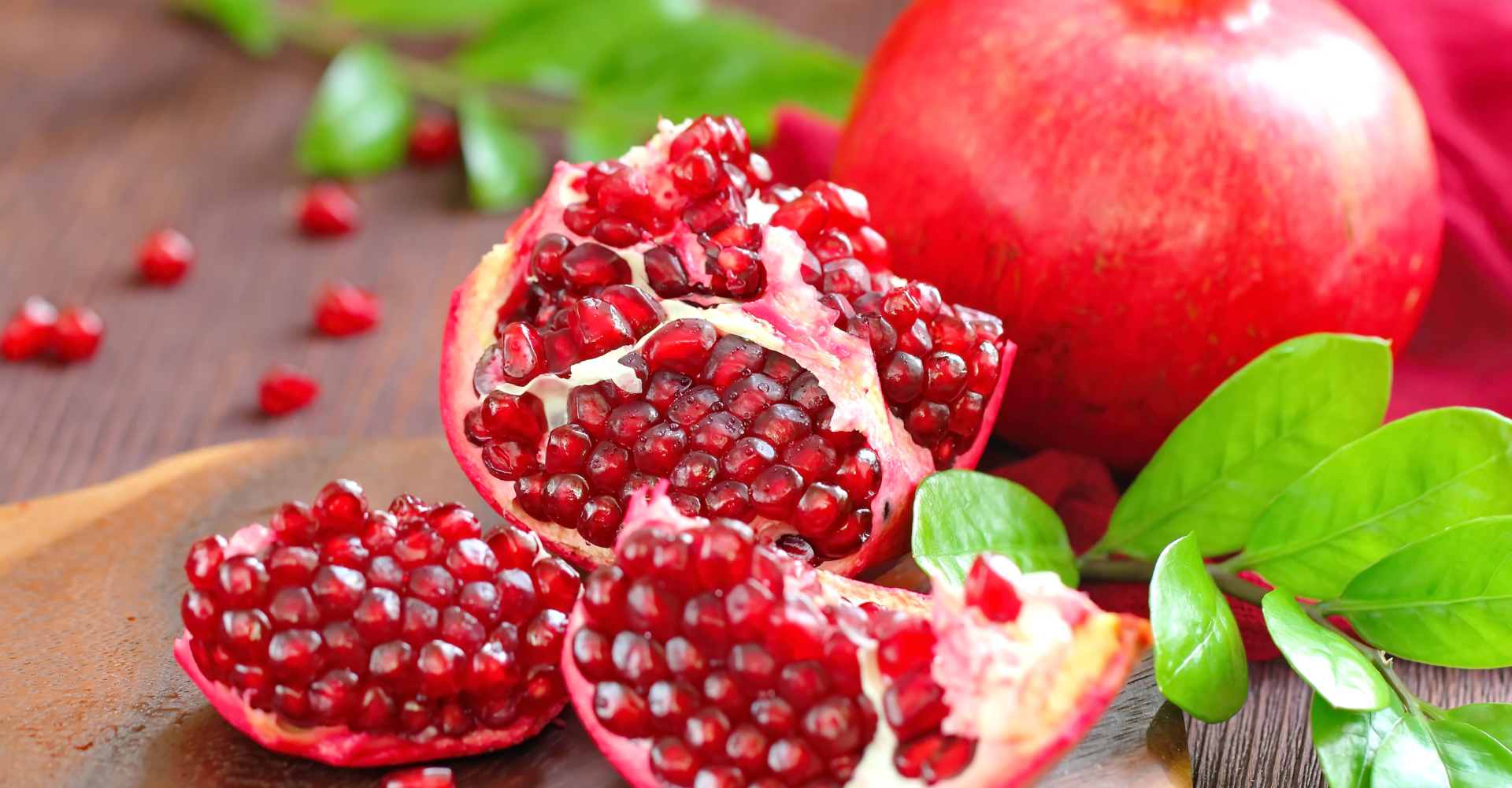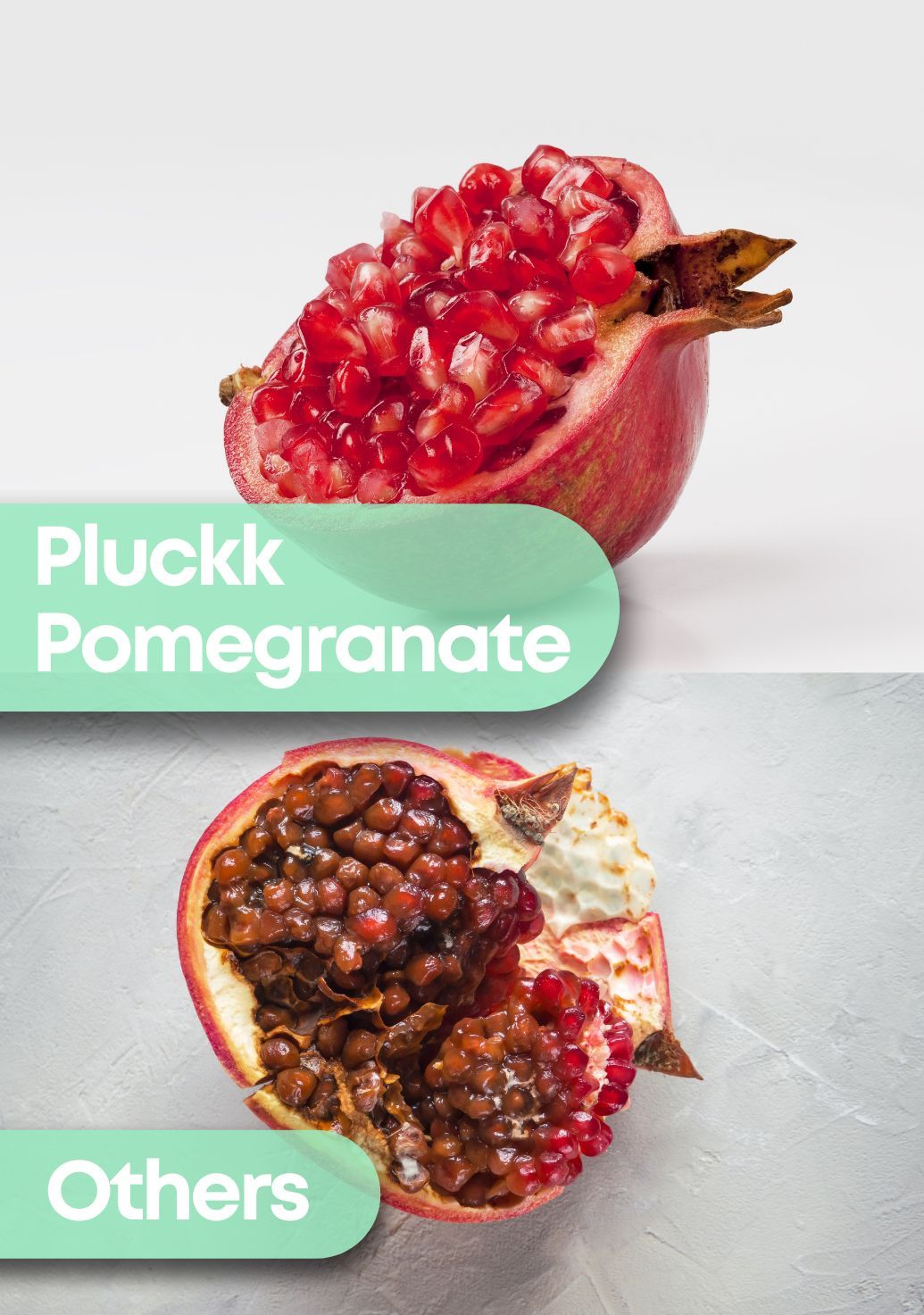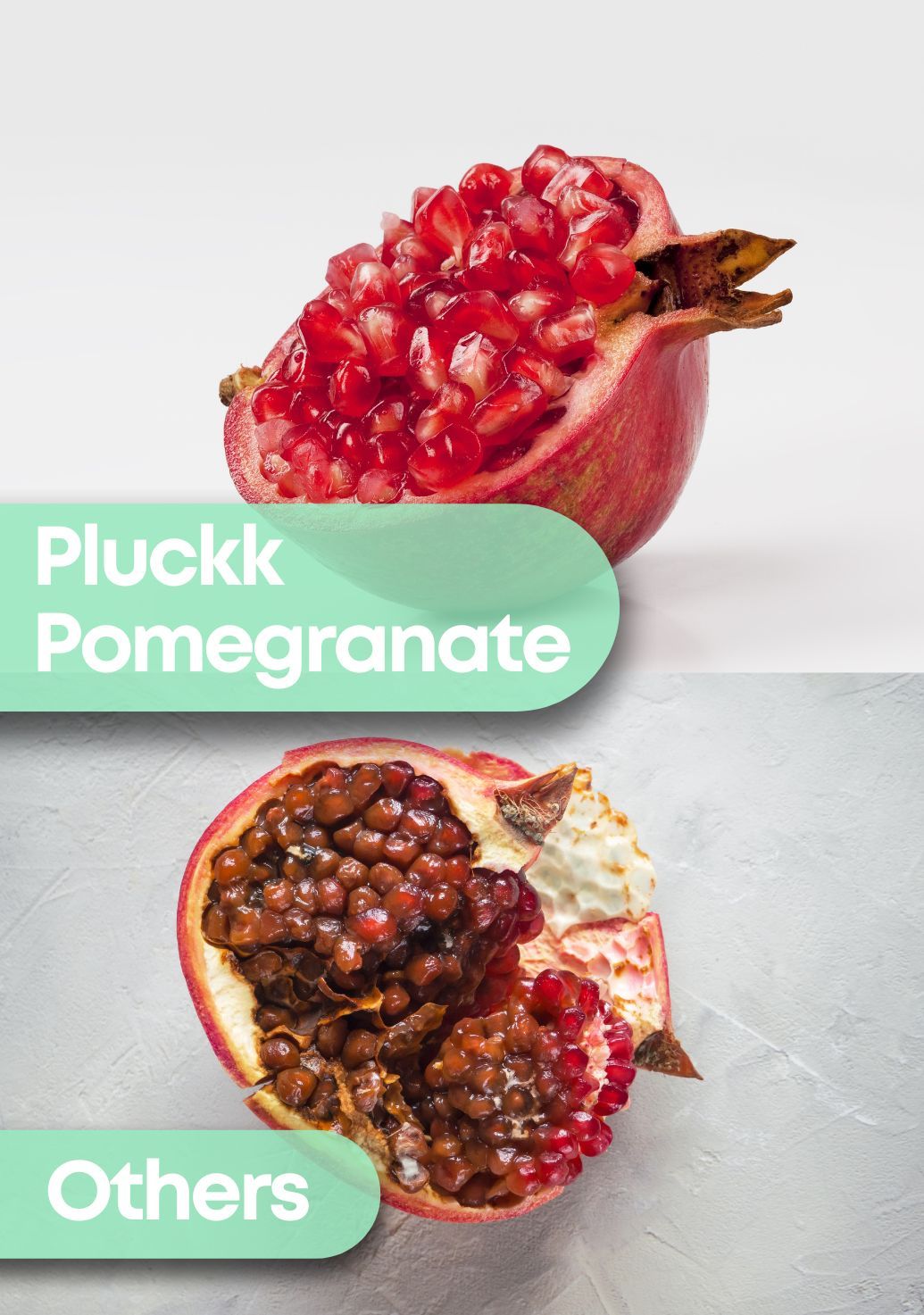
For a better and faster shopping experience, download app
Unkown

10 Incredible Health Benefits of Pomegranate That will Surprise You
Introduction
The pomegranate (anar)—a fruit celebrated in Ayurveda, Persian medicine, and even Greek mythology—has been valued for centuries as both food and medicine. Native to the Middle East and South Asia, it traveled the world through traders and conquerors, earning a reputation as the “jewel of fruits” thanks to its ruby-red arils packed with nutrients.
Today, modern research confirms what ancient traditions always knew: pomegranate is a functional superfruit. It fuels the body with antioxidants, vitamins, minerals, and polyphenols that protect and heal from the inside out.
Let’s explore the 10 scientifically proven benefits of pomegranate, starting with its powerhouse nutrition.
1. Nutritional Powerhouse
Pomegranate may look small, but it’s packed with a powerhouse of nutrients that make it stand out among other fruits. A 100-gram serving of fresh arils provides just about 83 calories, making it a light yet nutrient-dense option. It also delivers around 4 grams of fiber, which supports digestion and helps you stay full longer.
In terms of vitamins, pomegranate is rich in vitamin C, offering nearly 17% of your daily requirement—an essential nutrient for immunity, skin health, and collagen production. It also provides a good amount of vitamin K, important for bone strength and heart health, along with folate (vitamin B9) that supports cell growth and is particularly beneficial during pregnancy.
These plant compounds act as powerful antioxidants, protecting the body from oxidative stress and inflammation, both of which are linked to chronic diseases.
2. Protects Heart Health
Pomegranate is a heart-friendly fruit. Its polyphenols lower LDL (“bad”) cholesterol, raise HDL (“good”) cholesterol, and relax blood vessels to reduce blood pressure. Regular consumption has been linked to reduced plaque buildup in arteries, lowering the risk of heart disease.
3. Boosts Immunity
Packed with vitamin C and antioxidants, pomegranate strengthens the immune system and helps the body fight infections. Research shows that regular intake reduces inflammation and shortens the duration of seasonal illnesses like colds and flu.
4. Improves Digestion and Gut Health
The fiber in pomegranate supports bowel regularity and prevents constipation. Its polyphenols also act as prebiotics, feeding beneficial gut bacteria like Lactobacillus, improving overall gut balance and digestion.
5. Helps Manage Blood Sugar
Despite being naturally sweet, pomegranate has a low glycemic index and contains compounds that improve insulin sensitivity. Moderate consumption has been shown to help regulate blood sugar levels, making it a good option for people with diabetes.
6. May Reduce Cancer Risk
Punicalagins and other antioxidants in pomegranate show promise in reducing the growth of certain cancer cells, including prostate and breast cancer. They work by reducing inflammation, blocking cell proliferation, and slowing tumor growth.
7. Enhances Brain Function
The antioxidants in pomegranate help reduce oxidative damage in brain cells. Animal studies suggest pomegranate may delay neurodegenerative diseases like Alzheimer’s. In humans, pomegranate juice has been linked to improved memory and focus.
8. Strengthens Bones and Joints
Pomegranate’s vitamin K and antioxidants support bone health and may reduce joint inflammation. Early studies suggest extracts can slow cartilage breakdown, offering relief to those with arthritis or osteoporosis risk.
9. Promotes Skin Glow and Anti-Aging
Vitamin C and polyphenols in pomegranate protect skin from sun damage, pollution, and premature wrinkles. By boosting collagen production, pomegranate helps maintain firm, youthful-looking skin while reducing acne-related inflammation.
10. Natural Anti-Inflammatory
Chronic inflammation contributes to conditions like diabetes, heart disease, and arthritis. Pomegranate’s punicalagins and anthocyanins help lower inflammatory markers such as CRP and IL-6, making it a natural alternative to chemical anti-inflammatories.
How to Include Pomegranate in Your Diet
- Eat raw arils as a snack.
- Blend into smoothies with banana or spinach.
- Toss into salads for color and crunch.
- Drink fresh juice (avoid packaged versions).
- Use pomegranate molasses in marinades or dressings.
FAQs About Pomegranate
- Is it okay to eat pomegranate daily?
Yes, daily intake supports immunity, heart, and skin health. - Is pomegranate safe for diabetics?
Yes, in moderation. Its low GI and antioxidants may help regulate blood sugar. - Does pomegranate help in pregnancy?
Yes, it provides folate, iron, and vitamin C, crucial for fetal development. - Is juice better than whole seeds?
Fresh juice has antioxidants but misses fiber. Seeds are more beneficial overall. - Can pomegranate reduce inflammation?
Yes, its punicalagins are potent anti-inflammatories that may ease arthritis and chronic inflammation.
Conclusion
Pomegranate is more than a fruit—it’s a nutrient-dense superfood backed by centuries of traditional medicine and modern science. With benefits ranging from heart and brain protection to glowing skin and strong immunity, it deserves a permanent spot in your diet.
Even just one pomegranate a day can make a difference to your long-term health.



















